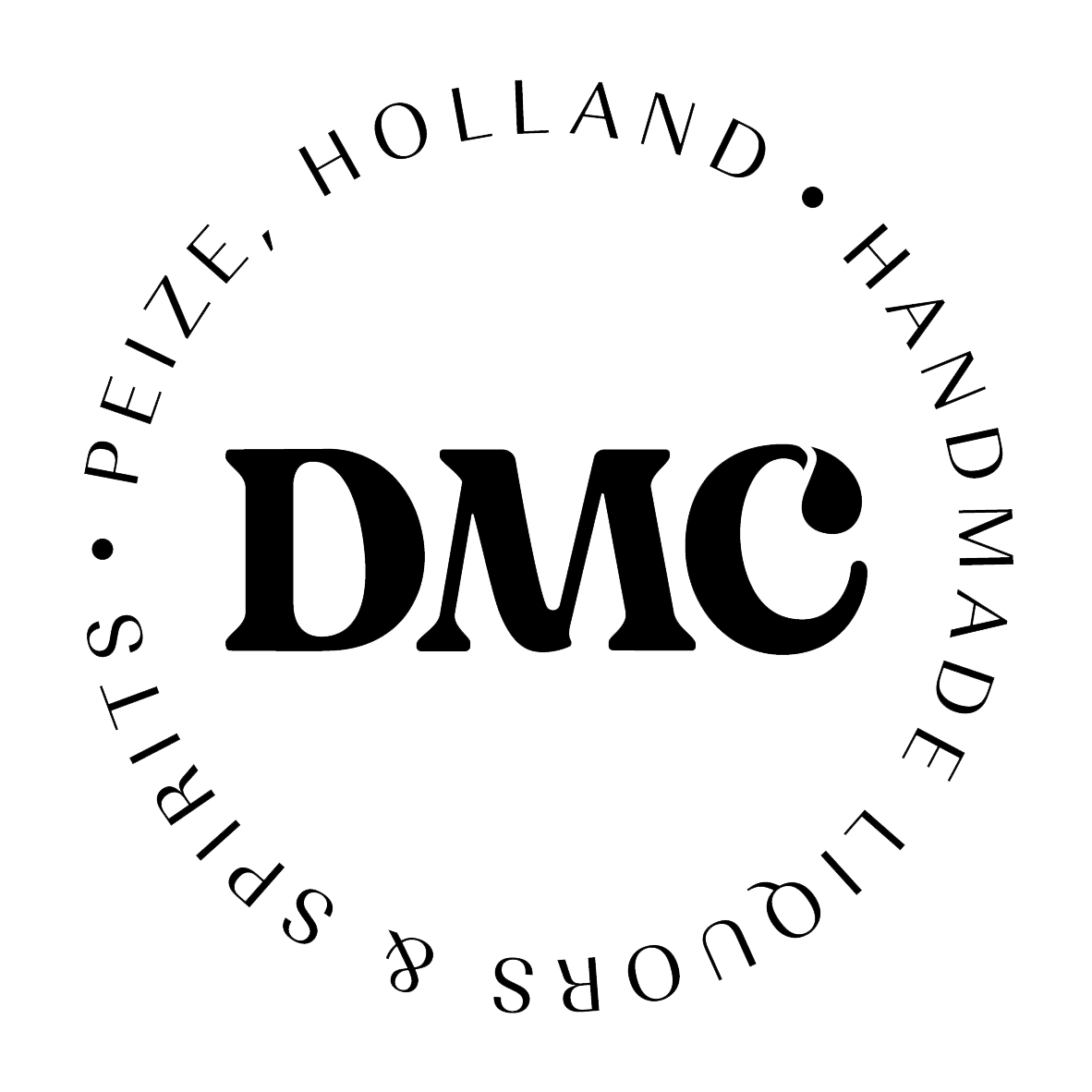Content
Research has found that the presence of bubbles—either in a carbonated beverage like champagne or in a still liquor mixed with sparkling or tonic water—can speed up the rate of alcohol absorption. The carbonation can cause the surface area of the stomach to expand, which leads to increased alcohol absorption . These toxic chemicals may set off an inflammatory response that helps bring on hangover symptoms. It’s really easy to get carried away with your friends or a few heavy pours and think you’ve had three drinks when you’ve actually had more like five or six.
Some of these effects are caused by ethanol itself, and others are from an even more toxic byproduct of its metabolism called acetaldehyde. This chemical builds up in the blood as the liver breaks down the alcohol into a form that can be eliminated from the body. In other words, the surest way to ward off hangovers is to avoid drinking alcohol — or, if you do drink, to do so in moderation. Finally, hangovers can be made worse by disturbed sleep.
Hangover symptoms
Before, during, or after a how long does a hangover last out sip on Morning Recovery. This magic elixir helps break down alcohol-induced toxins, and helps replenish lost nutrients, boost liver function, and speeds up your recovery time. Hangovers happen when you become dehydrated– that’s why it’s important to drink water between cocktails.
Like so many other answers to science questions, “it depends.” Body weight and gender are very important factors. While five to eight drinks for the average man, and three to five drinks for the average woman, are enough to cause some degree of hangover, specific effects will vary greatly between individuals. Certain ethnic groups have a genetically reduced ability to break down acetaldehyde, the main byproduct of alcohol, as it is first processed in the liver. This results in more reddening of the skin (““Asian flush”) and hangovers at lower amounts of alcohol. Many of these disturbances of the body’s natural physiology persist the next day, long after the alcohol is gone. Dehydration plays a significant role, as does acetaldehyde. Effects on hormones, blood chemistry, the sleep-wake cycle and inflammatory chemicals are also important in the thoroughly lousy feeling we have come to know as a hangover.
Water, water and more water
The only certain way to prevent hangover symptoms is to not drink any alcohol at all. If you do plan to drink, however, there are steps that you can take to reduce your chances of getting a hangover. Helps burn alcohol faster by giving the body sugar to metabolize. Honey also prevents the sudden change in blood sugar levels preventing the morning after headache. If you don’t have any honey around, the fructose in tomato juice is second best.




